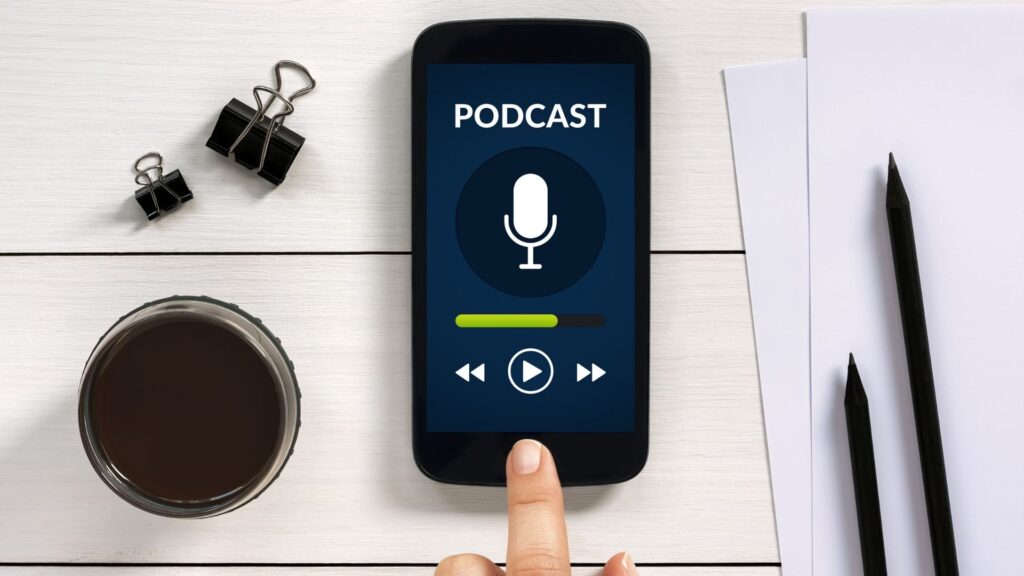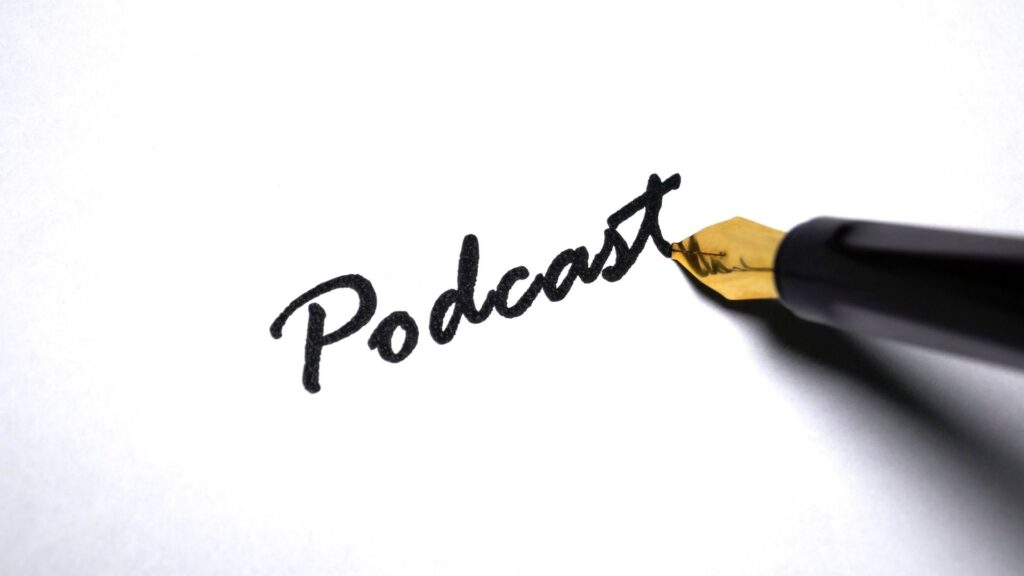How to Plan a Podcast Structure?
You’re starting a new podcast episode. This can be an exciting, but daunting moment. It’s the beginning of the creative process, where your mind is overflowing with ideas and inspiration. There’s nothing worse than planning an entire podcast episode before you actually start recording it. Whether it’s stuck on your ideas, trying to figure out how to structure them, or thinking of ways to come up with the right questions to ask your interviewee, it can be frustrating.
Here we’ll walk you through everything you need to know to plan a podcast episode structure so you can start recording your next one with confidence.
Plan Your podcast structure
Let’s be honest. Podcast length is one of the most contentious issues in podcasting today. Some say that a podcast should run between 20-30 minutes while others staunchly defend the more traditional 60–90-minute format. But like it or not, popular opinion is moving toward shorter podcasts.

Recent surveys suggest that many listeners say they like episodes to be less than 20 minutes and even more prefer short snippets under 10 minutes. If you have only one format for all the podcast episodes keep them to the same length. Whether you choose to podcast below 25 minutes, have episodes between 25-35 minutes, or let’s say up to an hour trying to aim for the same length as often as possible.
Get to Know Your Topic

Research is a crucial step for any podcast. Whether you’re creating an entertainment podcast or an informative series, it can bring depth and authenticity to each episode. Start by getting to know your podcast topic, whether it’s true crime or biographies. Make sure you find reliable sources that you can trust, and keep your research organized so it’s easy to find inspiration when the going gets tough. And don’t forget to listen to others…their advice can save you hours of work!
3 Acts of Podcast Episode

Every story has three key parts: The beginning, the middle, and the end. These three segments make up what’s called the “Three-Act Structure.” So, if you’ve ever wondered why some movies feel drawn out or boring from start to finish, it’s because they forgot to include these important pieces.
This three-act podcast structure is a storytelling model that divides a story into an organized and logical order. Get started by crafting your episode with these three key pieces.
ACT 1
This is the setup. In this portion of the story, you break down what your character is doing, who they are, and how they got into this situation. Generally, this portion of the story will occur about 5 minutes in.
ACT 2
The second act bridges the gap between the beginning and end of your story.
ACT 3
And finally, in the third act, you solve your story problem and create a satisfying conclusion. Before you start writing your next episode, ask yourself: “Will my listeners be able to guess what happens before I reveal it?”
A well-planned podcast episode uses a three-act structure to create a compelling narrative that not only moves the story forward but also makes the audience want to tune in for the next episode. When your episodes are riddled with pacing issues it makes your story seem unprofessional and overcomplicated. You don’t want your listeners to think you’re an amateur!
Define the Objectives of a Podcast

To be able to plan a podcast episode structure you need to define what the objectives of your podcast are and for that, it is better to do an analysis of your content. For a business or marketing-oriented podcast, you should answer what is value your listeners will get from listening to your podcast. And how you are going to prove it in every episode? The objective of most podcasts is information/entertainment and in order to accomplish it, you have to define the structure that will allow you to deliver this value. Every episode should build upon what was said in the previous episode. Each episode should stand alone, so if someone starts listening, he should be able to easily follow whatever the show presents.
Manage your Workflow
Managing your workflow is a vital step in producing a podcast. If you don’t have an episode structure, then you could easily lose track of new episodes and find yourself playing catch up. This is a big problem because, at the moment, it isn’t possible to stop new shows from being published—you must schedule them in advance.
Podcast Endings Matter

It’s no secret that podcast endings matter less than podcast episodes. But what many podcasters don’t know is how to structure the endings in order to make them as valuable as they can be however shorter they are. Remember that listeners disengage exactly at the end of your episode and many just switch to another show. What you have to offer at that point is the last impression listeners get from you and it should be engaging, valuable, and unique. Use your ending to create additional value for your users and say goodbye in a warm tone with a hint of mystery about the next episode.
Conclusion
You can really make your podcast great with a planned outline. You can follow your plan to improve the quality of the podcast and connect with the audience. The more thought you put into the planning will lead to better analytical feedback on how to improve your show. It is advisable to plan before you go live, or else it might affect the overall performance of your podcast.
Barevalue makes it easy to get your podcast edited. Outsource post-production with our professional podcast editing services. Quick turnaround and pay-as-you-go rates. Get in touch today.
View Comments
How to grow your podcast on Instagram
You’re starting a new podcast episode. This can be an exciting, but daunting...